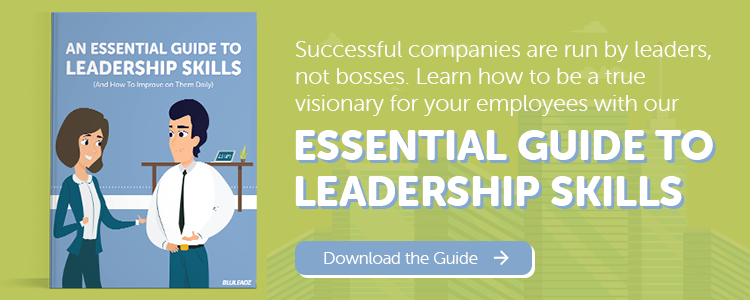The candidate experience – what does it mean, and why does it matter?
Running a candidate experience audit can help you trace the efficiency and quality of your company’s hiring process and find areas to improve upon.
Whether a candidate is successful or not, the hiring process is their first interaction with your company, and it’s important to make sure it’s a positive one.
What Is a Candidate Experience Audit?
A candidate experience audit examines a company’s hiring process to determine any negative attributes that might prompt the applicant to lose interest and withdraw from consideration.
An audit closely analyzes each step of the recruitment process to find flaws, and ultimately improve the overall experience for job seekers.
The Benefits of Auditing Your Candidate Experience
Running a regular audit can have a number of different benefits.
For starters, your candidate experience can reflect back on your company and seriously impact its reputation. If the word gets out that your company often has negative experiences, it will make it difficult to attract quality talent.
Furthermore, if applicants find the experience particularly unpleasant, they’ll take it as a reflection of what their work experience at your company would be like were they to be employed there. In this situation, they’ll likely drop out before you even get the chance to hire them.
Running an audit helps you identify which steps of your hiring process need to be improved upon, and how you can improve them.
Making your recruitment process positive and even enjoyable is can reflect what the work environment would be like as a whole, and is likely to draw in ideal applicants, rather than deter them.
Finally, improving your candidate experience is likely to speed up the hiring process altogether – saving you time and money searching for the right talent.
How to Audit the Candidate Experience
Now that you know what a candidate experience audit is and why it’s important to run, there’s only one matter left – how do you go about running one?
It’s easier than you might think, but in case you need a few tips on how to do it, we’ve got them ready for you.
Look at Where Your Candidates Are Coming From.
Where are the majority of your applicants finding your job listings? LinkedIn or Indeed? Glassdoor or ZipRecruiter? Maybe even by word of mouth? Use metrics to track which candidates are coming from which sources, and it will help you determine where you should really be focusing your posts.
Additionally, all of your job listings should link back to the career page on your website, so the job seeker can apply to the position directly.
Assess Your Career Site.
First and foremost, your career site should be accessible and user friendly. Make sure it’s regularly updated with the latest job postings and it’s clear on how candidates should go about applying for a specific position.
Does your career site reflect your company culture? Make sure to include information that tells candidates why your company is a great place to work!
Ask For (and Give) Feedback.
This one is pretty simple – after the hiring process is completed, send out a survey asking for feedback on the candidate’s experience. Make sure that they can fill it out anonymously, of course, or you’ll be unlikely to get many responses.
Additionally, if the applicant was not successful in obtaining the job, provide helpful feedback on why, and note if there was anything throughout the process that they could have improved upon. It’s a simple, yet valuable step to improving their overall experience with your company.
Map Out the Candidate Journey.
Try running a test and go through the entire hiring process yourself, paying close attention to each step – application, interview process, and completion. Were there any parts where you might have felt frustrated, and steps that maybe weren’t as efficient or timely as they could have been?
Get to It!
Now that you know why assessing your candidate experience is important, get to it! While your company’s hiring process is likely already effective, there’s a good chance that there’s still areas that you can improve upon.
It’s important to remember that this isn’t just a one and done process – you should run regular audits each year to constantly be improving. As businesses change and technology evolves over time, your recruitment process should adapt with these elements.


Claire Cortese
I am a content creator here at Bluleadz. In my free time, I enjoy hugging dogs, watching reruns of The Office, and getting sunburnt at the beach.